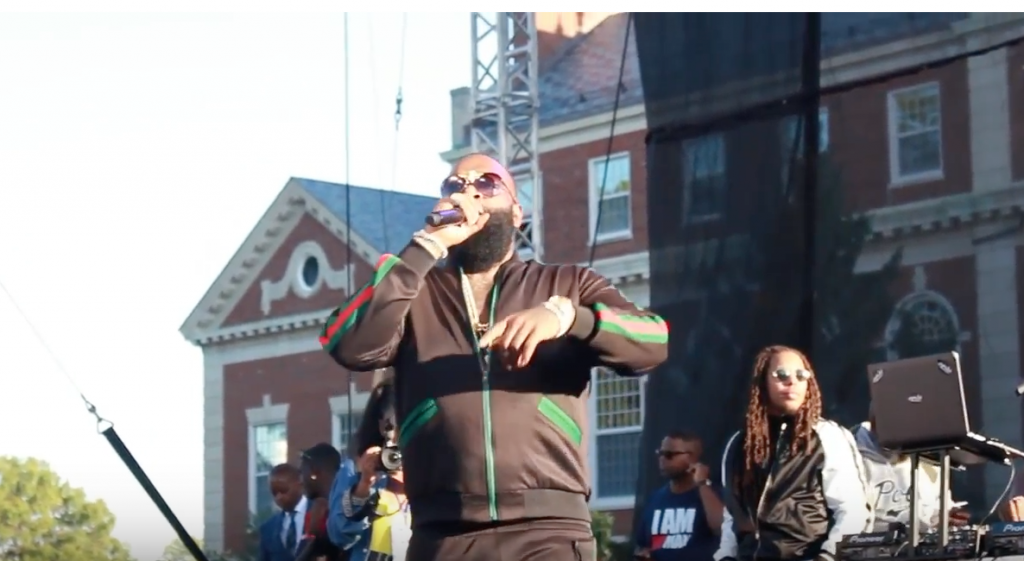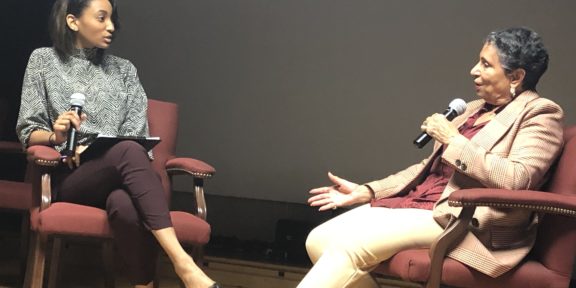Millions observed in horror as countless African-Americans fought for their lives after Hurricane Katrina in New Orleans. The world watched as the levies broke, the waters rose, and hundreds ascended to their roof tops. However, no one was there to witness the devastation of the Houma Reservation. No camera crews came were there as their houses sunk underwater and their people died.
Yonasda Lonewolf McCall-Mohammad, national director for the indigenous nations in support of the Millions More Movement organized the attendance of over 300 Native Americans from more than ten different tribes to the Million More Movement on Oct. 16. Her aim was to address the issue of neglect by the U.S. government illuminated by hurricane.
“You think that was really bad that F.E.M.A. and the Red Cross did not respond for the African American community,” said Mohammad, “There were people in Houma reservations who couldn’t get out. There was no water and no food. Of the 17,000 member of United Houma Nation 3,500 were affected.”
Mohammad blamed the absence of media coverage on the general attitude of this country. This nation believes that Native Americans are extinct because they don’t always see Native American people, said Mohammad. “Out of sight out of mind," she continued.
The United Houma Nation spans the lower Plaquemines, St. Bernard, the Terrebonne and Lafourche Parishes of southwest New Orleans and the Jefferson Parishes, located in the lower bayou region south of New Orleans. The people of the Houma tribe are a mixture of African, Choctaw, and Chickasaw.
Few in attendance at the Millions More Movement understood the significance of the Native Americans presence. During the march the Honorable Louis Farrakhan said, we [African Americans] must form strategic alliances with Native Americans and the poor people of this nation to find common cause, to pool our resources and to reshape foreign policy."
Mohammad, in agreement, said the purpose of her endeavor was to unite the African Americans and Native Americans to fight the poverty that exist for both communities.
“There are 17 million African Americans, and 2 million Native Americans. That equals 19 million people. If the two groups are able to unite they will be a force not to be reckoned with,” Mohammad said.





